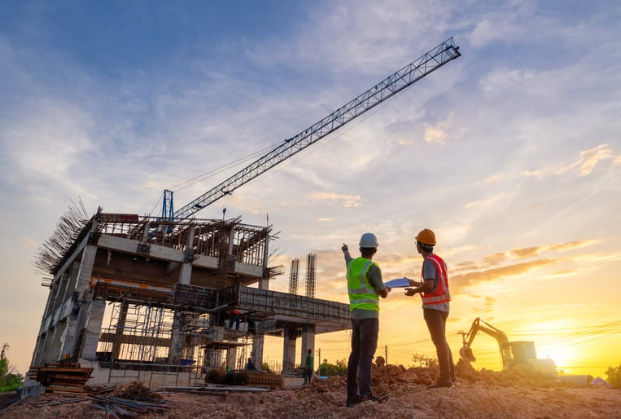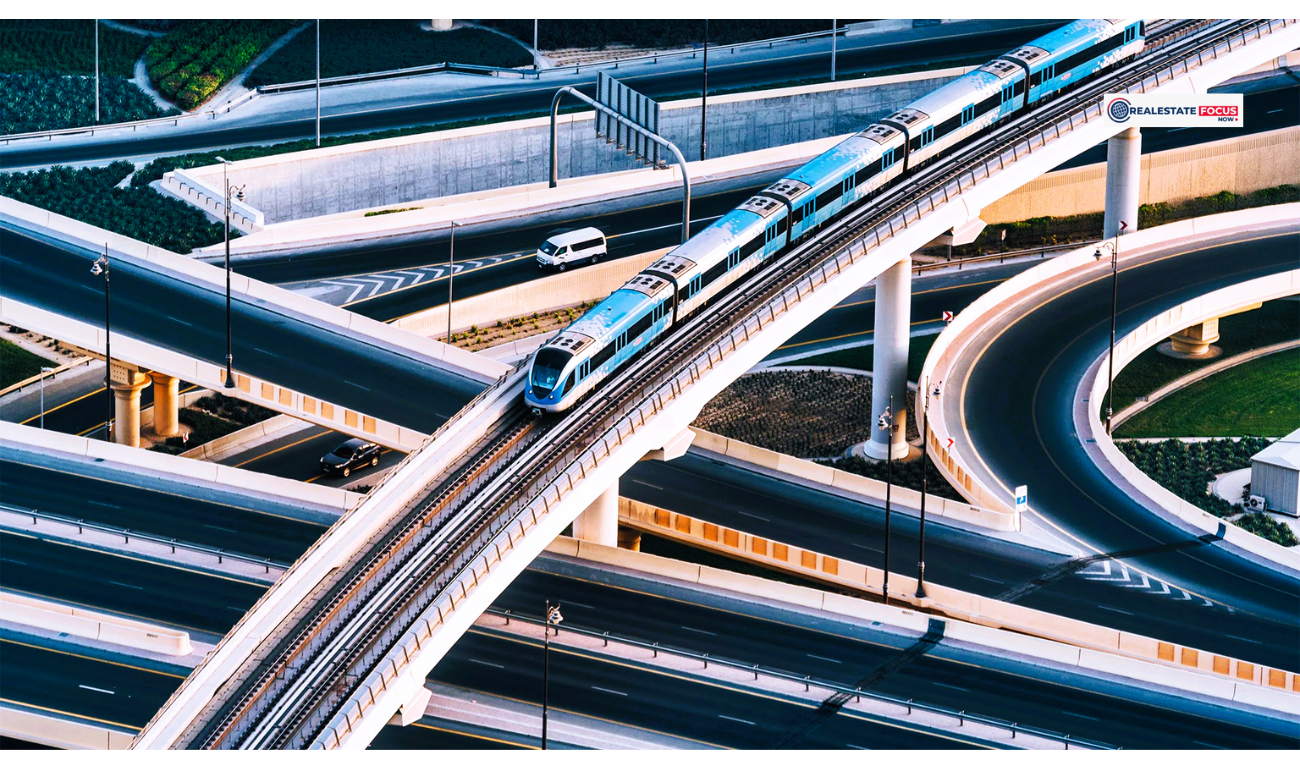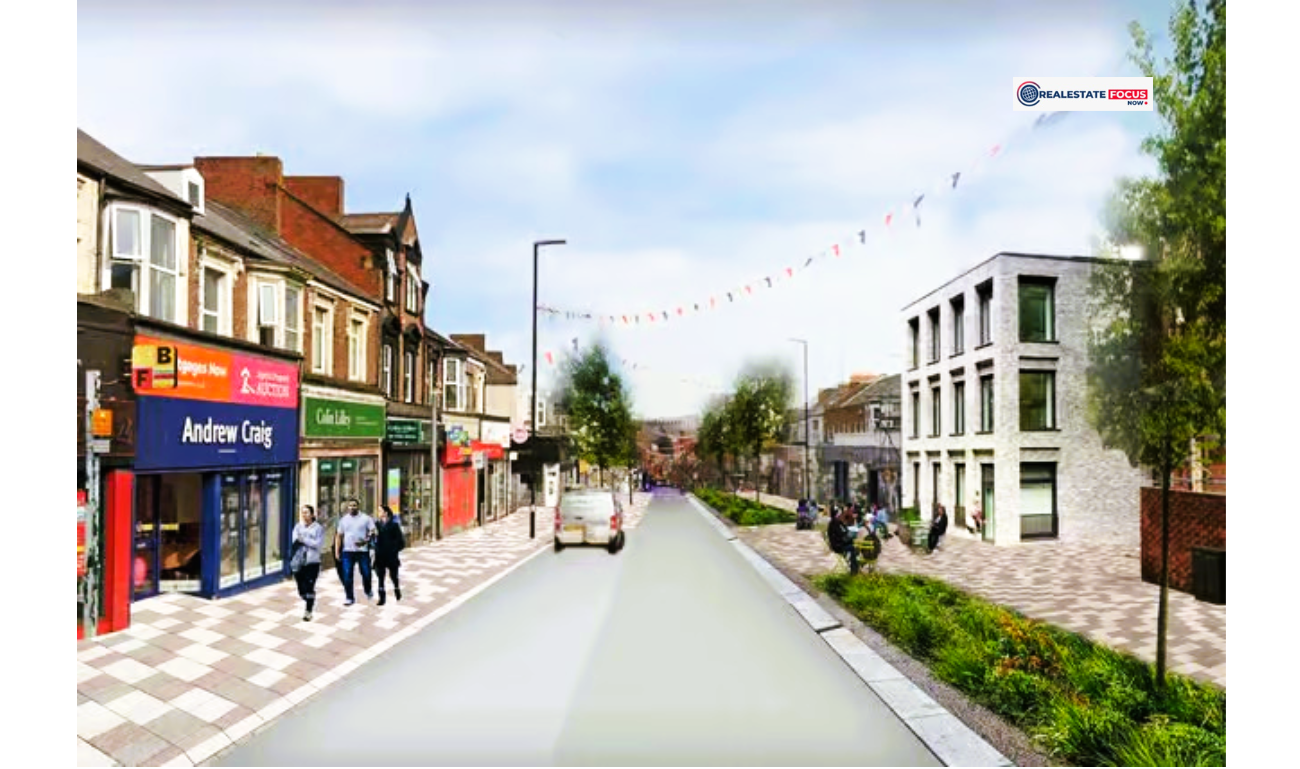

Goa Real Estate Project Opportunities Grow as State Encourages Investment from Maharashtra Developers
The real estate market in Goa is witnessing a period of growth, with state authorities encouraging developers from Maharashtra to take part in this expansion. Goa’s real estate sector offers significant opportunities, particularly in residential, commercial, and hospitality projects. With its strategic location, growing tourism industry, and overall appeal as a tourist destination, Goa has become an attractive area for developers looking to invest.
The state government is keen to attract investment in real estate, offering incentives and facilitating projects that could lead to the creation of modern infrastructure. By fostering a positive environment for investment, state authorities aim to enhance Goa’s real estate market and boost its long-term economic development.
The demand for real estate in Goa has been steadily increasing over the years. Tourists from all over India and the world flock to the state for its pristine beaches, vibrant culture, and relaxed atmosphere. This has led to growing demand for vacation homes, hotels, and other hospitality-related real estate projects.
In addition, there has been a shift in demand for residential properties, as many people are choosing to move to Goa for a more relaxed lifestyle, especially after the pandemic. These factors have combined to create a robust real estate market that offers attractive returns for developers and investors alike. State authorities are focused on ensuring that this growth is sustainable and that it meets the needs of the growing population and tourists who flock to the region.
In an effort to meet the rising demand for infrastructure and real estate development, the state government is looking to collaborate with developers from neighboring Maharashtra. Goa’s authorities believe that the expertise and experience of Maharashtra developers could significantly contribute to the region’s real estate market.
Maharashtra has a well-established and competitive real estate sector, with developers who have a track record of successful projects in urban and suburban areas. These developers can bring valuable knowledge of large-scale residential and commercial projects that are aligned with Goa’s long-term development goals.
By collaborating with experienced developers, the state aims to ensure the sustainable growth of its real estate market while addressing the increasing demand for housing and commercial properties. The government of Goa is also exploring the possibility of developing land through the Public-Private Partnership (PPP) model. This approach allows the government to work alongside private developers to carry out large-scale projects while sharing risks, costs, and benefits.
The PPP model could be instrumental in fast-tracking development projects and ensuring that they align with the state’s broader objectives for growth and sustainability. Under this model, developers could be tasked with building residential, commercial, and industrial projects on government-owned land, which would otherwise be underutilized.
In return, developers would benefit from access to prime locations and potentially reduced land acquisition costs. This model offers a win-win situation for both the government and developers, facilitating faster development while ensuring the state’s long-term objectives are met. Goa’s real estate market is characterized by a mix of challenges and opportunities.
While the state has significant potential, there are a few factors that developers must consider before entering the market. Land acquisition in Goa can be a complex and time-consuming process, as there are often issues related to land title, zoning laws, and environmental regulations. Additionally, Goa’s unique landscape, with its coastline and natural beauty, requires developers to be mindful of environmental concerns when undertaking large-scale projects.
Sustainable construction methods and eco-friendly designs are gaining importance as more consumers and stakeholders prioritize environmental considerations. Developers who choose to work within these guidelines will be better positioned to capitalize on the growing demand for green and sustainable properties.
Given the state’s dependence on tourism, real estate development in Goa must cater to the needs of both residents and visitors. This means that developers need to focus on building properties that are not only attractive to homebuyers but also to tourists. Goa’s hospitality sector is a significant contributor to its economy, and developers can tap into this by building resorts, hotels, and vacation rentals that meet the preferences of international and domestic tourists.
Additionally, there is growing interest in mixed-use developments, where residential, commercial, and hospitality spaces are integrated into a single project. These types of developments can create vibrant communities while meeting the needs of diverse groups of people, including residents, workers, and tourists.
To support sustainable growth, the government is implementing policies and incentives that encourage developers to focus on environmentally friendly practices. There are growing concerns about overdevelopment and its impact on Goa’s natural environment, which has led the state to put measures in place to protect its beaches, forests, and rivers.
Sustainable real estate development is becoming a priority, with green building certifications and eco-friendly construction practices gaining importance. The government is also considering offering developers incentives to build affordable housing and invest in green technologies. This focus on sustainability will ensure that future growth does not come at the expense of the environment while still allowing the state’s real estate market to thrive.
Developers looking to enter the Goa market will also need to pay attention to the region’s infrastructure development. While Goa has made progress in terms of transportation, including its roads, airports, and ports, there are still areas where infrastructure needs to be improved.
The state government is working to address these gaps by investing in public infrastructure projects such as better roads, waste management systems, and enhanced public transportation networks. A well-developed infrastructure system is essential for the success of any real estate project, as it ensures that properties are accessible and equipped with necessary services.
Developers who invest in projects located near key infrastructure improvements will be better positioned to succeed in Goa’s competitive real estate market. While the focus on sustainable development is growing, developers also need to consider the socioeconomic aspects of their projects. Goa is a popular destination for people from various walks of life, including retirees, young professionals, and families.
As such, there is a demand for a wide range of property types, from affordable housing to luxury villas. Developers should take into account the diversity of residents and visitors when designing their projects. This can include offering affordable housing options for local families, as well as high-end properties for those seeking a more luxurious lifestyle.
By meeting the needs of various income groups, developers can contribute to creating more inclusive communities and sustainable growth in the region. In terms of market trends, Goa’s real estate sector is experiencing increased interest in both residential and commercial properties. The rising demand for vacation homes and second homes has led to a surge in the construction of luxury villas, apartments, and beachfront properties.
As a result, developers are focusing on high-end projects that cater to affluent buyers. At the same time, there is a growing demand for commercial spaces, especially in areas close to tourist hotspots and business districts. This trend is expected to continue as Goa attracts more domestic and international investors.
The mix of residential, commercial, and hospitality projects offers developers the opportunity to diversify their portfolios and take advantage of the broad range of real estate opportunities in the state. For developers from Maharashtra, Goa presents an attractive market with promising returns. The state’s relaxed pace of life, beautiful landscapes, and thriving tourism industry make it a desirable destination for both homeowners and vacationers.
The government’s support for sustainable development and infrastructure improvement further enhances the appeal of investing in the region. With a growing focus on environmentally conscious projects and PPP opportunities, developers have a unique chance to make a lasting impact on Goa’s real estate market. By tapping into the state’s potential and aligning with its long-term goals, Maharashtra developers can help shape the future of Goa’s real estate landscape.
The future of Goa’s real estate market appears bright, with increasing investment opportunities, government support for sustainable development, and a growing demand for properties across various sectors. As the state continues to attract interest from developers across India, including Maharashtra, its real estate market is set to become one of the most dynamic and diverse in the country.
With a focus on long-term growth, sustainability, and responsible development, Goa can continue to evolve as a premier destination for both residents and tourists alike. By capitalizing on the opportunities presented by public-private partnerships and green initiatives, the real estate sector in Goa can thrive while maintaining its environmental and cultural integrity.




































